Burkina Faso
Burkina Faso's Prime Minister Appolinaire Kyelem de Tembela has said that the country's seven-year history of jihadist violence has not ruled out a review of its relations with Russia.
During demonstrations in support of the 30 September coup that brought Captain Ibrahim Traore to power, Burkinabe regularly wave flags of Russia.
In several French-speaking African countries, Moscow enjoys growing popular support while France, the former colonial power, is increasingly vilified, especially in Mali, a neighbouring country of Burkina Faso also ruled by military putschists since 2020.
"We have been cooperating with Russia for a long time, it was in 1967 that relations were established between the former USSR and Upper Volta," which was Burkina Faso's name at the time, and "we didn't wait for these marchers to have cooperation with Russia," said Mr de Tembala in an interview on public television on Sunday evening.
"Perhaps with the new (security) situation we will re-examine our relations with Russia to see if it should be strengthened in one sector or not if it should be reoriented in the interest of Burkina Faso and in respect of its sovereignty," he continued.
But, he warned, "it is not up to the street to tell us to do this or that".
If these pro-Russia marchers "are patriotic, the first step to take is against terrorism, it is in the fight against terrorism that we must verify the patriotism of everyone," he said.
According to the head of government, "the best support for the current regime is to go to the front, to help fight against insecurity, to make a financial or material contribution to help the soldiers at the front or to help the victims of terrorism, rather than spending time walking".
The authorities following the 30 September coup launched the recruitment of 50,000 Volunteers for the Defence of the Homeland (VDP), civilian auxiliaries to the army, to intensify the anti-jihadist fight.
On 24 January, soldiers led by Lieutenant-Colonel Damiba and grouped in a junta called the Patriotic Movement for Safeguard and Restoration (MPSR) overthrew President Roch Marc Christian Kaboré, who was accused of being incapable of dealing with the increasing number of jihadist attacks in Burkina.
However, these attacks did not stop and a new putsch took place on 30 September, bringing to power Captain Traoré, who also invoked the deteriorating security situation to justify his putsch.



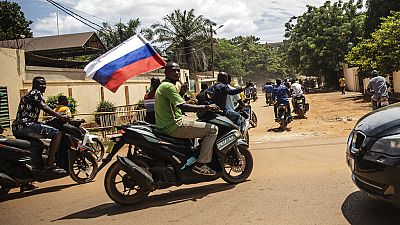

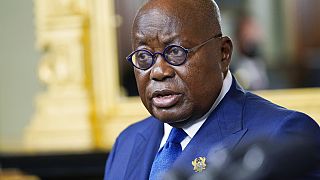
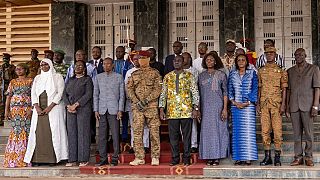

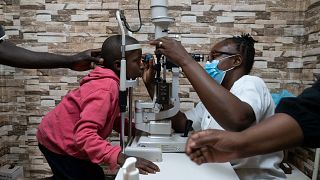
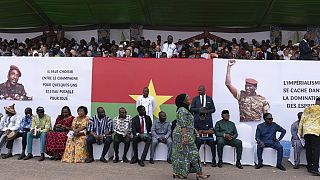



01:27
New sanctions from EU and UK target Russia's energy sector and military intelligence
01:23
France: Prime minister proposes cutting two public holidays to save money in 2026 budget
01:00
Giant mural in France critiques Trump's immigration policies
01:13
Muscovites appear unconcerned by latest US threats of sanctions and weapons deliveries to Ukraine
01:07
Trump threatens Russia with tariffs if no Ukraine peace deal reached within 50 days
01:00
Pix of the Day: July 10, 2025